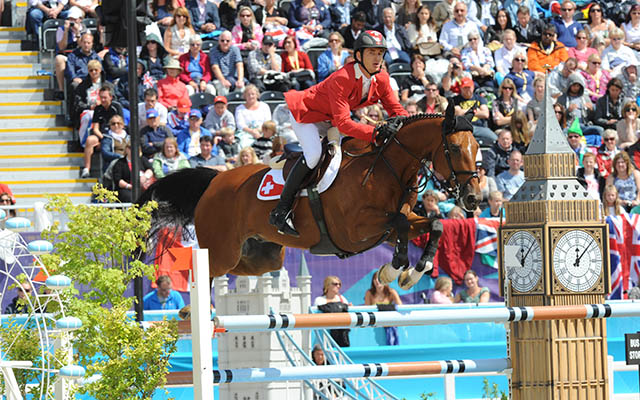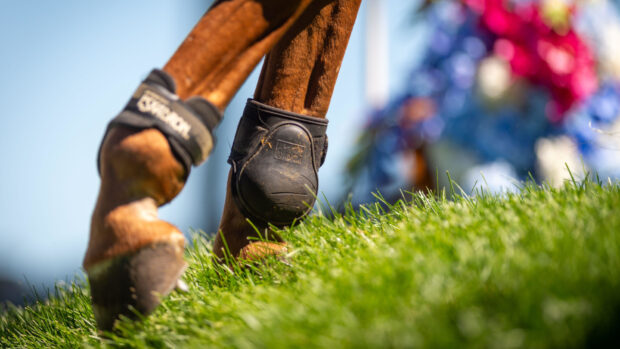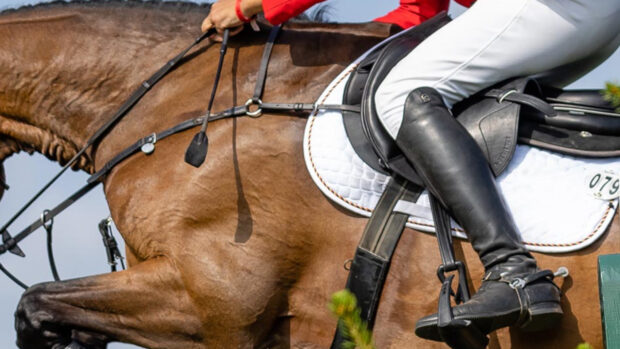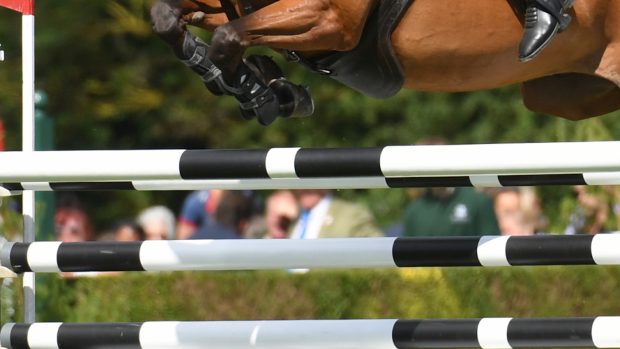Discussion over whether invitational and ranking rules are swung in favour of riders with deeper pockets has arisen after several top showjumpers voiced concerns.
Steve Guerdat, Kevin Staut and Jeroen Dubbledam shared their thoughts on a video by the International Jumping Riders Club (IJRC).
The FEI’s final 2018 rule proposals state that for regular CSI5* shows, 60% of riders must come from the Longines ranking list (in descending order), 20% must be selected by the host national federation and 20% are made up of invitations by the organising committee.
However some shows are exceptions to this, including top-level commercial shows where rankings points can be collected but competing at which can be more expensive.
Olympic gold medallist Steve Guerdat explained why he believes this does not give a level playing field to all riders.
“I think it is not a problem for series like the World Cup or Nations Cup because those invitations go basically back to the national federation, who can then pick the riders from the rankings because they deserve to go to the show,” said Steve.
“But the problem is that also includes commercial series, like the Global Champions Tour or the Global Champions League, and at this kind of show they have only 30% of the riders who are picked from the ranking list and the rest are riders who have to be part of a team and that costs €2 million a year.
“So if we want to have equal chance for everybody to get to the better shows and get the same chance to get points for the rankings, we have to change that.
“I think all national federations should stand very strong and fight for the 60/20/20 [ratio] for all the five-star [shows], with the only exception of World Cup and Nations Cup shows.”
Praise for the series
Other leading riders have openly praised the role of the Longines Global Champions Tour and Global Champions League in bringing the highest level of competition to the sport.
The final in Doha at the weekend (9-11 November) featured 17 of the top 20 riders, while the series has consistently has between seven and nine of the top 10 ranked riders in the world competing at its shows.
“The Longines Global Champions Tour and Global Champions League are official FEI-approved series like the Nations Cup, World Cup and other series,” Marco Danese, sport director of the Global Champions League and Tour told H&H.
“We always work with the FEI to make sure the rules governing the invitation system are implemented correctly and followed accordingly.”
Article continues below…
You might also be interested in:
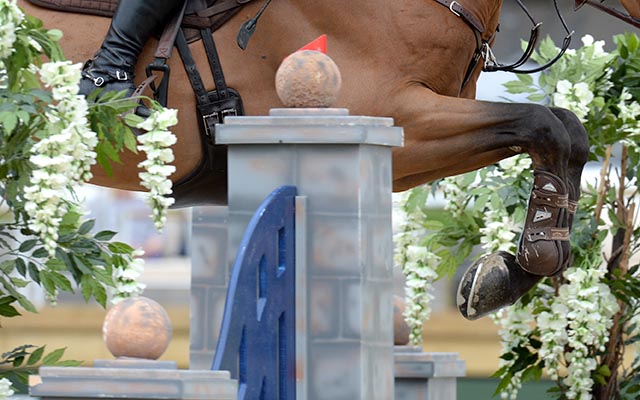
Latest blood rules update: what you need to know
The FEI has decided against introducing more discretion in blood rules after extensive consultation with national federations

Brian Walker: Buying success has consequences *H&H VIP*
Skyrocketing prices are pushing the sport out of reach, says Horse & Hound's showjumping columnist

London calling! How the Global Champions Tour celebrated the best of British
Red telephone boxes, Big Ben, bearskin-clad guardsmen — the showjumping course at the Longines Global Champions Tour of London (4-6
Buy-in to the top?
But Kevin Staut added “every athlete” wants to have the chance to participate in the highest levels of competition, especially the Olympics, regardless of which sport they compete in.
“It is exactly the same in our sport,” he said.
“I think every rider wants to be able to ride at the highest competition and the Olympic Games based on their merit, so we need a fair chance for everybody and it is really important to fight for it.”
US Olympian Reed Kessler warned if you have to start paying to participate, showjumping could become the “only Olympic sport where you can buy into the biggest events with easier access to the most ranking points”.
Jeroen Dubbledam and Malin Baryard also voiced their support for all riders having equal chances to obtain ranking points.
“Equality is one of the cornerstones of the FEI statutes,” said Malin.
“When these were written almost 100 years ago they stated that individuals and teams from different countries must compete under fair and even conditions.
“The FEI must honour its own statutes and guarantee equal terms for every performer.”
A statement from the IJRC said too many pay cards, which buy a rider a place in a competition, could “kill our sport, its best and most talented athletes and their Olympic future”.
A response from the FEI jumping committee said the IJRC proposal “did not appear workable from a practical standpoint”.
“The rationale for proposing new invitation rules, applicable worldwide and managed through an online invitation system was to address the issue of pay cards,” it said.
“The only way that invitations can be effectively controlled is through a transparent and enforceable invitation system.”
The issue is set to be discussed and voted on at the FEI general assembly, held on 18-21 November at Montevideo in Uruguay.
For all the latest news analysis, competition reports, interviews, features and much more, don’t miss Horse & Hound magazine, on sale every Thursday

